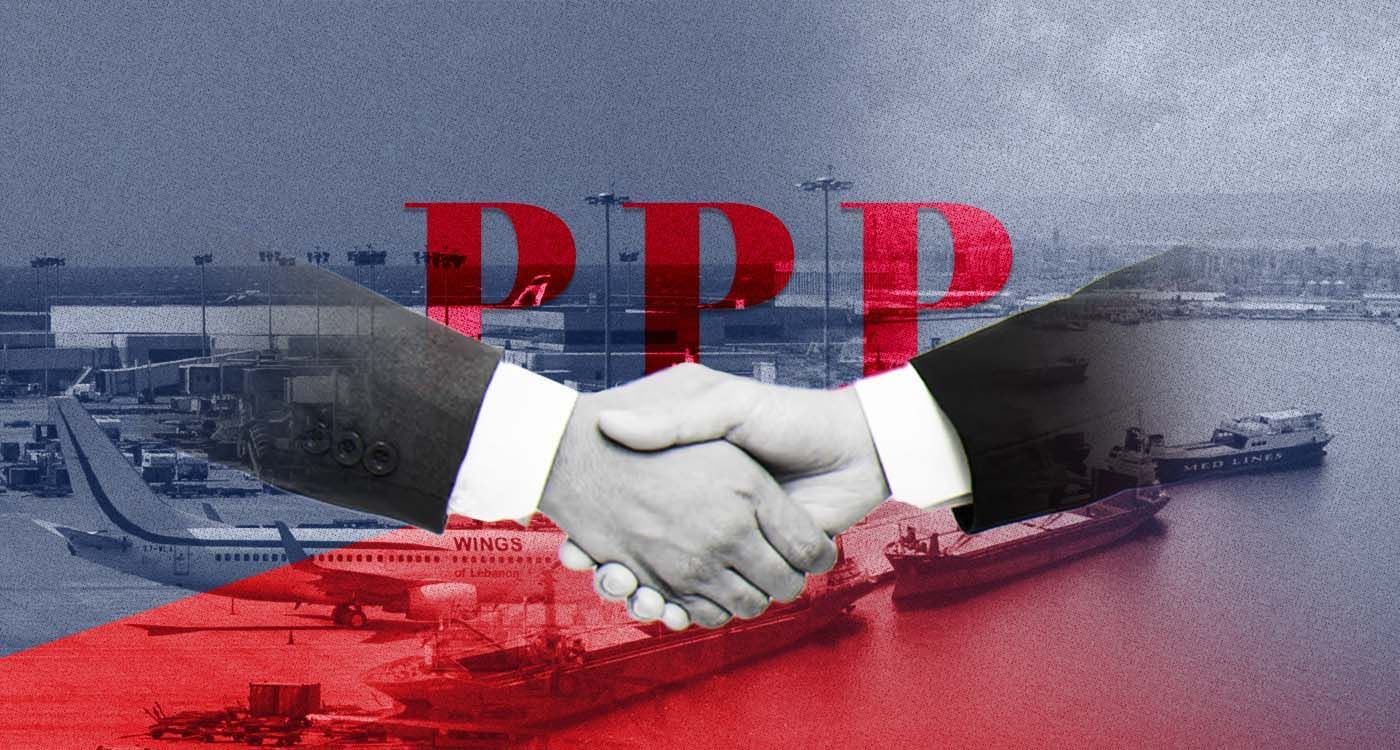
With public finances exhausted, Nawaf Salam’s government is turning to public-private partnerships (PPPs) to revive Lebanon’s airports and ports. The list of planned projects is extensive, including Beirut Rafic Hariri International Airport, Kleiat Airport, and the ports of Beirut, Tripoli, and Saida.
But the shift toward private investment is controversial. Some parties denounce it as a “fire sale” of state assets, while others see it as an essential strategy in the face of the public administration’s chronic inability to effectively manage large-scale projects.
A Reform Underway
To support this initiative, the government has introduced legal reforms. In late May, the Council of Ministers approved amendments to Law No. 48/2017, which governs PPPs. The updated legislation has been forwarded to Parliament for approval.
The revision follows the submission on May 12 by Public Works and Transport Minister Fayez Rasamny of a draft law empowering the government, through his ministry, to design, build, rehabilitate, and develop airports, seaports, and all air and maritime transport infrastructure, regardless of type or scope, via BOT (build-operate-transfer) or DBOT (design-build-operate-transfer) contracts.
Prime Minister Nawaf Salam has underscored that all PPP projects should be overseen by the Higher Council for Privatization to ensure a regulated and transparent process.
PPPs: A Balance Between Opportunity and Caution
PPPs are contractual frameworks under which the state or local authorities assign a private investor the responsibility to deliver, and sometimes manage, a public-interest project. This approach allows the public sector to quickly launch expensive projects without committing full funding upfront. The core objective is to share risks, responsibilities, and resources between the public and private sectors.
While PPPs can accelerate investment, they may also lead to higher long-term costs and raise concerns about transparency and public oversight.
Are BOT and DBOT types of PPPs?
PPPs take several forms, including BOT and DBOT models.
Under a BOT contract, the private sector finances, builds, and operates the project for a fixed period, usually 20 to 30 years, before transferring ownership back to the state at little or no cost. During this period, the private party recoups its investment through project revenues.
DBOT is a variation of BOT in which the private partner also assumes responsibility for the technical design, in addition to construction, operation, and transfer. In both cases, the asset returns to state ownership at the end of the contract.
Reviving the Privatization Council
Ziyad Hayek, former chairman of the Higher Council for Privatization (HCP), is advocating for an active revival of the institution responsible for overseeing PPPs. He stresses two essential conditions for their success: restoring investor confidence in Lebanon’s economic and political stability and revitalizing the banking sector, which is crucial for financing projects typically structured with a private equity contribution of 20 to 30%, supplemented by loans.
A Strategic but Risky Move
While PPPs offer a swift alternative to public sector paralysis, they also carry risks, such as cost overruns, growing dependence on private entities, and concerns about transparency. For Lebanon, the stakes could not be higher as it seeks to modernize critical infrastructure amidst ongoing economic challenges.




Comments